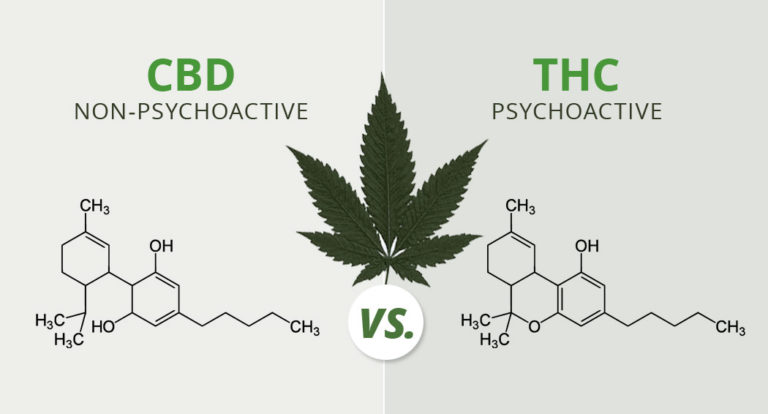What is CBD?
What is CBD?
CBD is cannabidiol. CBD is one of the 113 chemical compounds in the chemical family known as cannabinoids. Cannabinoids are found in plants and extracted from plants to make supplements for human consumption. As part of the human metabolic pathways, human biochemistry also includes the endocannabinoid system. Most cells in the human body produce cannabinoids endogenously, and these cannabinoids function in the endocannabinoid system within our bodies in ways which are essential to human health.

There are two primary types of plants from which CBD is extracted. One plant is cannabis, also known as marijuana. The other plant is hemp. Until recently, three has been much confusion among legislators who thought that these two plants were the same. A fundamental difference difference between marijuana and hemp is that marijuana contains tetrahydrocannabinol (THC), whereas hemp contains almost no THC.
Since 1937, the US federal government as well as many state governments have been extremely fervent about preventing public access to THC. This vehemence seems to have caused a partial blindness to a fundamental difference between the two plants, marijuana and hemp, one capable of producing a high, the other one not. Just because the two plants appeared similar to the uninformed, hemp was routinely subjected to the same restrictions as marijuana. There was a dramatic shift in this stance. On 12 Dec 2018, the US Congress passed the 2018 Farm Bill.